Capstone Design
Capstone Design
Trying out new (and real-world) ideas with Capstone Design
A creative, client-driven, and team-oriented design experience with staying power
Engineers and scientists unravel knots, solve puzzles and uncover solutions. Students in Capstone Design do all those things in their first year at Mines while working with real clients on talented, multidisciplinary teams. This is intentional. And unique. Engineering is hard work but also important (and yes, very often fun). Mines makes sure students can jump in and start building real-world skills—and having a little fun—as soon as possible.
What to expect
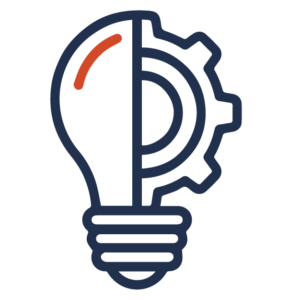
Developing a product from inception to completion
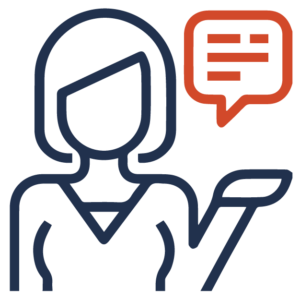
Working with actual clients to solve real-world problems
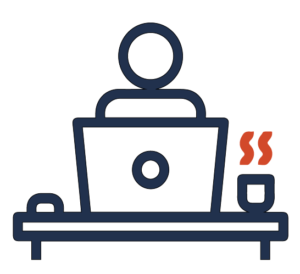
Practicing real skills required in the engineering world
Recent Projects
A 1979 Volkswagen Bus was successfully converted from gas to electric power.
A team designed a prototype and method of manufacture for improved avionics cooling chassis structures—necessary to rapidly dissipate the heat generated by increased data processing and power consumption in modern aircraft computing.
The Central City Opera House got a newly designed heating system to keep the nearly 150-year-old building functional during the winter.
Open to
Students in civil, electrical, mechanical, environmental and general engineering
When
Every academic year
Where
Golden, Colo.
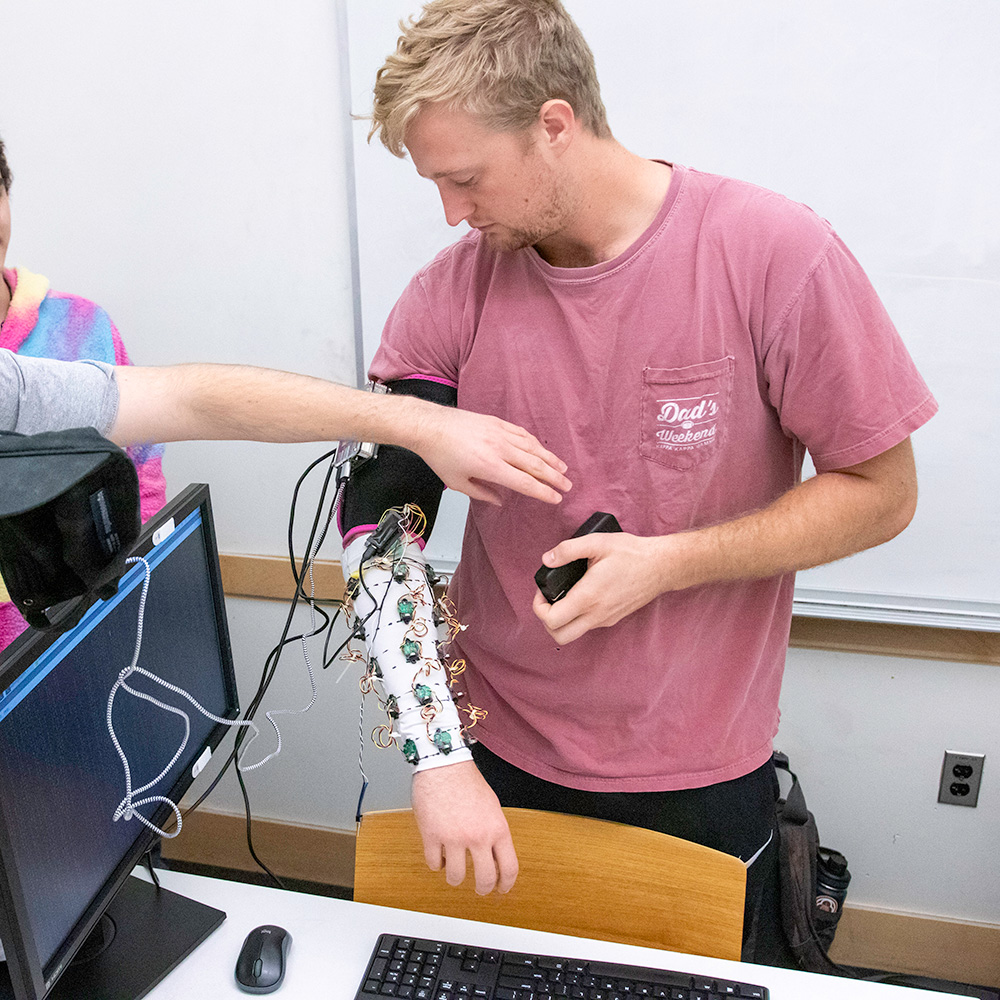
With a yearlong immersion in hands-on, client-driven design for seniors across disciplines, there’s no way you won’t be prepared to enter the workforce and bring innovative ideas to any project or problem long after you finish your degree at Mines.
 Oredigger reviews
Oredigger reviews
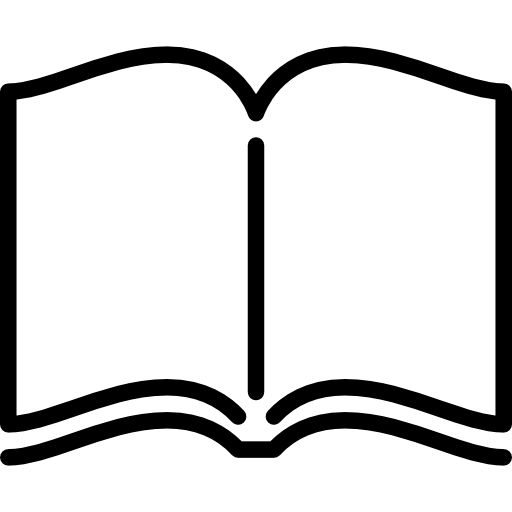
Madison, Electrical Engineering, Houston, Texas
“For Capstone Design, I love working with people outside my major. We all come with different coursework and backgrounds, and it’s amazing to see the expertise we each bring to the table. It was my first real glimpse at working with an interdisciplinary team. My advice for future students: meet often. Even if it is for five minutes, having a consistent schedule for everyone to check in and ask for help is invaluable.”

Cameron, Engineering Physics, Aurora, Colo.
“I worked with the EUSO-SPB2 project and determined what materials can be used for antireflective coatings. I learned more about how my coursework has built to this and how I’ve implicitly learned the engineering process without ever directly learning about it. The amount of independence offered stands out to me as it helps develop team-building skills and practice for the workforce.”

Celeste, Civil Engineering, Albuquerque, N.M.
“I worked on Concrete Canoe. It was the most memorable experience for my time here at Mines, but it was also the hardest. After one school year of hard, hard work, it paid off in the end. I could not have asked for a better team. The grit and dedication they put into this project brings tears to my eyes. There won’t be many other experiences like this where you work closely with the smartest people around and grow to become close friends.”

Annie, Environmental Engineering, Lakewood, Colo.
“The best part about Capstone is gaining the skills to build client relationships. Maintain good communications with team members and clients for high success in Capstone projects.”

Michelle, Mechanical Engineering, The Woodlands, Texas
“Capstone Design teaches you how to manage and complete a project from start to finish. It helps you build important professional communication skills as well as test your engineering knowledge.”

Brett, Environmental Engineering, Aurora, Colo.
“Work with your team and have clear communication with your client throughout the project. Consistently updating teammates and your client avoids confusion but also helps everything run that much smoother. Your team’s goals will change many times during the year, making flexibility and cohesion two of the best traits for a team to possess.”

Arthur, Chemical Engineering, Louisville, Colo.
“Tons of fun seeing how much you’ve learned over the years and how you can apply it into something spectacular! The most important part is to have a good team that you get along with!”